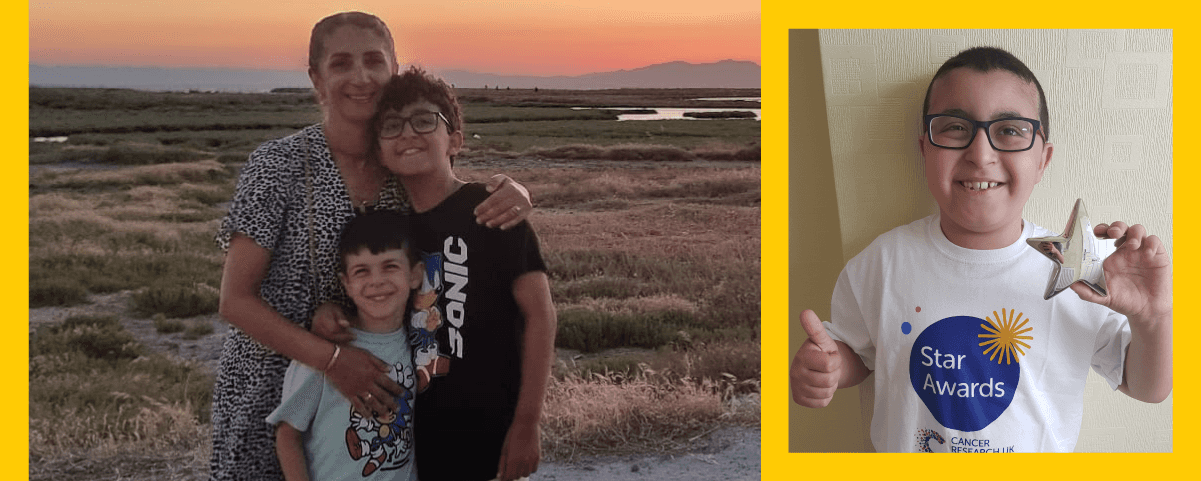
We’re prioritising research in children's and young people's cancer to address the unique barriers researchers and partners face in driving progress in this area.
Our research helps children like Mikail (pictured above with his family), who was first diagnosed with lymphoma in 2020.
Contact us to learn moreCancer in children and young people is different to cancer in adults. From the types of cancer to the long-term effects of treatment, it presents a specific set of challenges to the research community
Over the past 50 years, research has helped transform the survival of children and young people with cancer. We partner with other charities, funders and people affected by children's and young people's cancers across the UK and around the world to have the biggest possible impact. We’re proud of our role as the biggest funder of research into children’s and young people’s cancer research in the UK, having doubled our annual spend in this area in the last five years.
We support a wide portfolio of children's and young people's cancer research across the pipeline, from discovery and data science to translational studies and clinical trials. We're continuing this investment through our current funding schemes across all cancer types, which are open to children's and young people's cancer researchers.
Explore our funding schemesWe’re building on our current funding schemes and providing further opportunities, resources, and tools to foster new collaborations, drive data-driven research, and translate promising treatments into the clinic for children and young people.
This award, jointly supported by Stand Up To Cancer, offers up to £2.5m per award for research programmes to support data-driven solutions to common challenges in children’s and young people’s cancers.
VIVO Biobank is the UK’s leading research resource dedicated to storing samples and data of cancers affecting children and young people.
The ECMC paediatric network brings together clinicians and translational scientists to run early-phase clinical trials for children and young people with cancer. We jointly fund the initiative with the Little Princess Trust, the National Institute for Health and Care Research in England and the Departments of Health for Scotland, Wales and Northern Ireland.
The Childhood Cancer Therapeutic Catalyst accelerates the translation of discovery research into novel therapeutics. We are seeking projects with strong potential to deliver novel therapeutics for children and young people with cancer.
C-Further, an international consortium launched by Cancer Research Horizons and LifeArc, unites a broad network of experts with a shared commitment to developing new cancer therapeutics for children and young people.
Do you have an idea or a discovery with commercial potential? Are you interested in working with industry? Our team can help develop your most promising projects into tools, tests and treatments for people affected by cancer, including children's and young people's cancers

We funded eight new Data for Children's and Young People's Pilot Awards, with four of those jointly funded through partnerships – two with Great Ormond Street Hospital Children’s Charity and two with Children with Cancer UK.
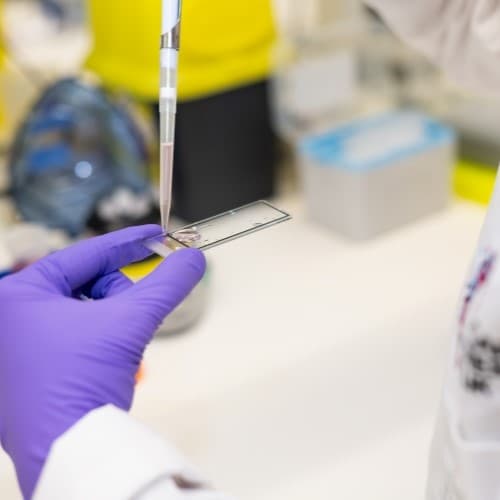
We're co-funding this £5.5m research programme to advance precision medicine for children and young people with cancer.
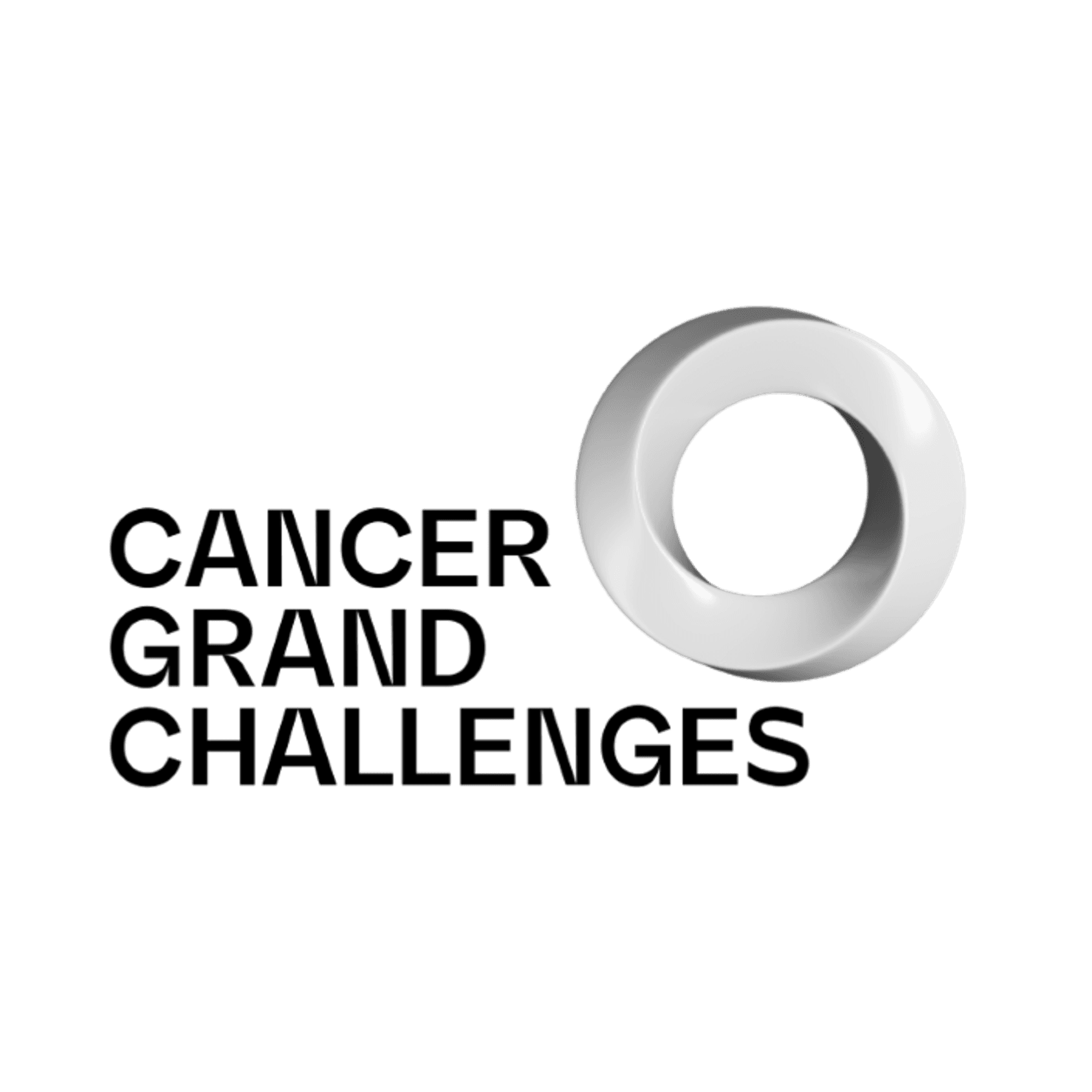
We co-fund three Cancer Grand Challenges teams, NexTGen, KOODAC and PROTECT, who aim to find new ways to treat solid tumours in children and young people.

We renewed funding for two SU2C–CRUK Paediatric Cancer New Discoveries Challenge award collaborations, who will each receive a further $5m to continue their projects and bring better treatments for children and young people with cancer.

A team led by David O'Connor and Sam Behjati found that refractory T-cell acute lymphoblastic leukaemia is driven by leukaemia cells which express a key gene, ZBTB16.
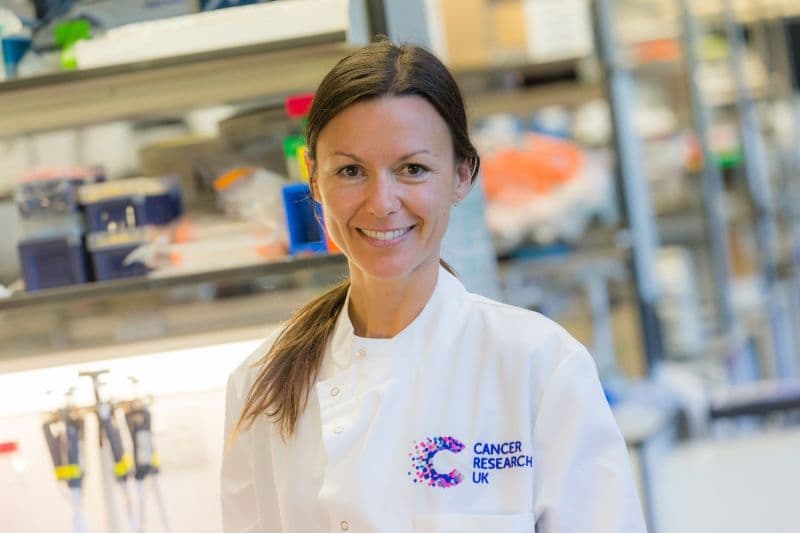
Why do some childhood cancers resist treatment? Alejandra Bruna and her team of researchers at the Institute of Cancer Research are uncovering how tumour cells “play dead” and later revive without genetic changes.

Seren Limb, John Moppett and Bernadette Brennan unpack the key challenges of running international clinical trials for children's and young people's cancers.
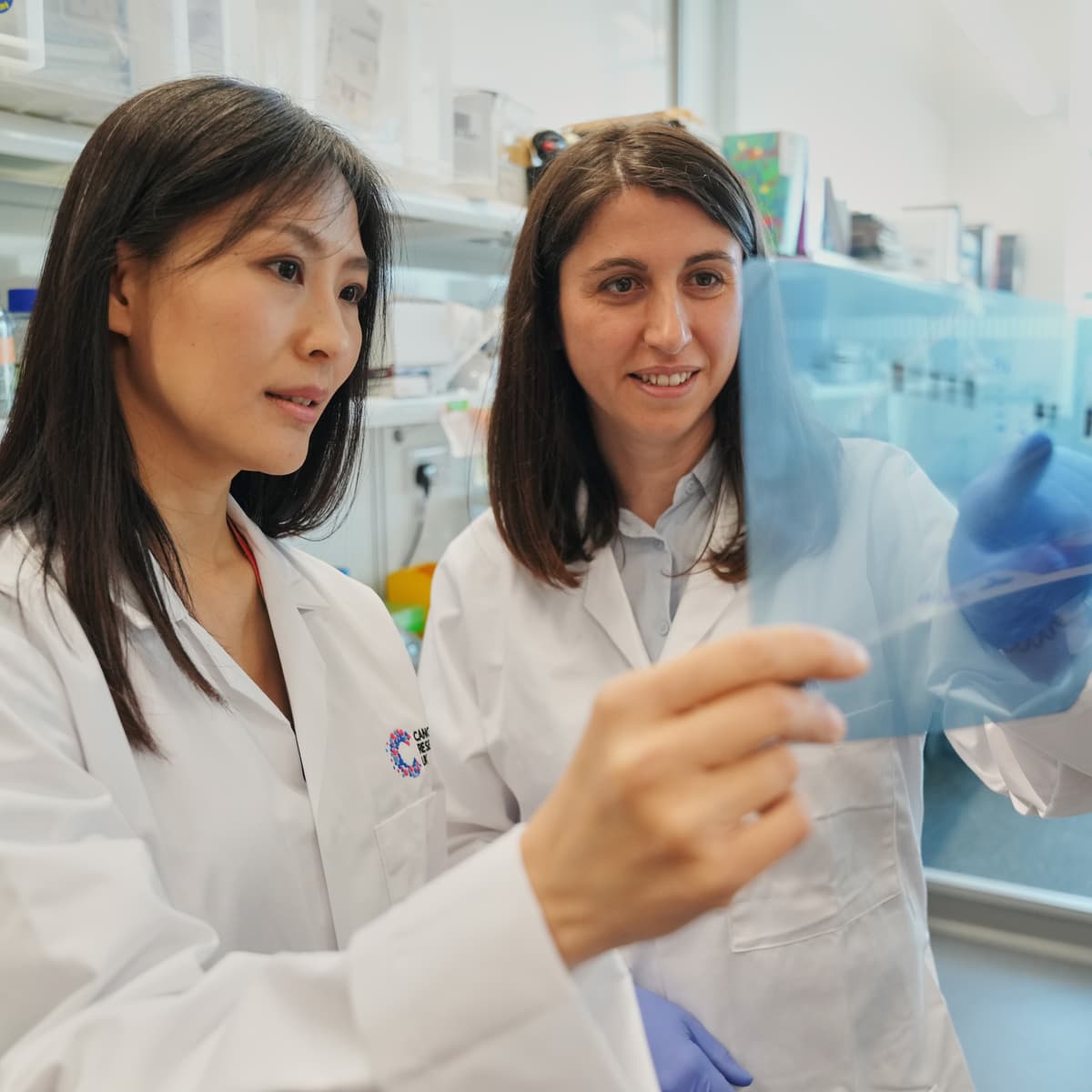
Our strategy shapes how we'll discover more about the mechanisms of how cancer develops and progresses to unlock new and better ways to prevent, detect and treat it.
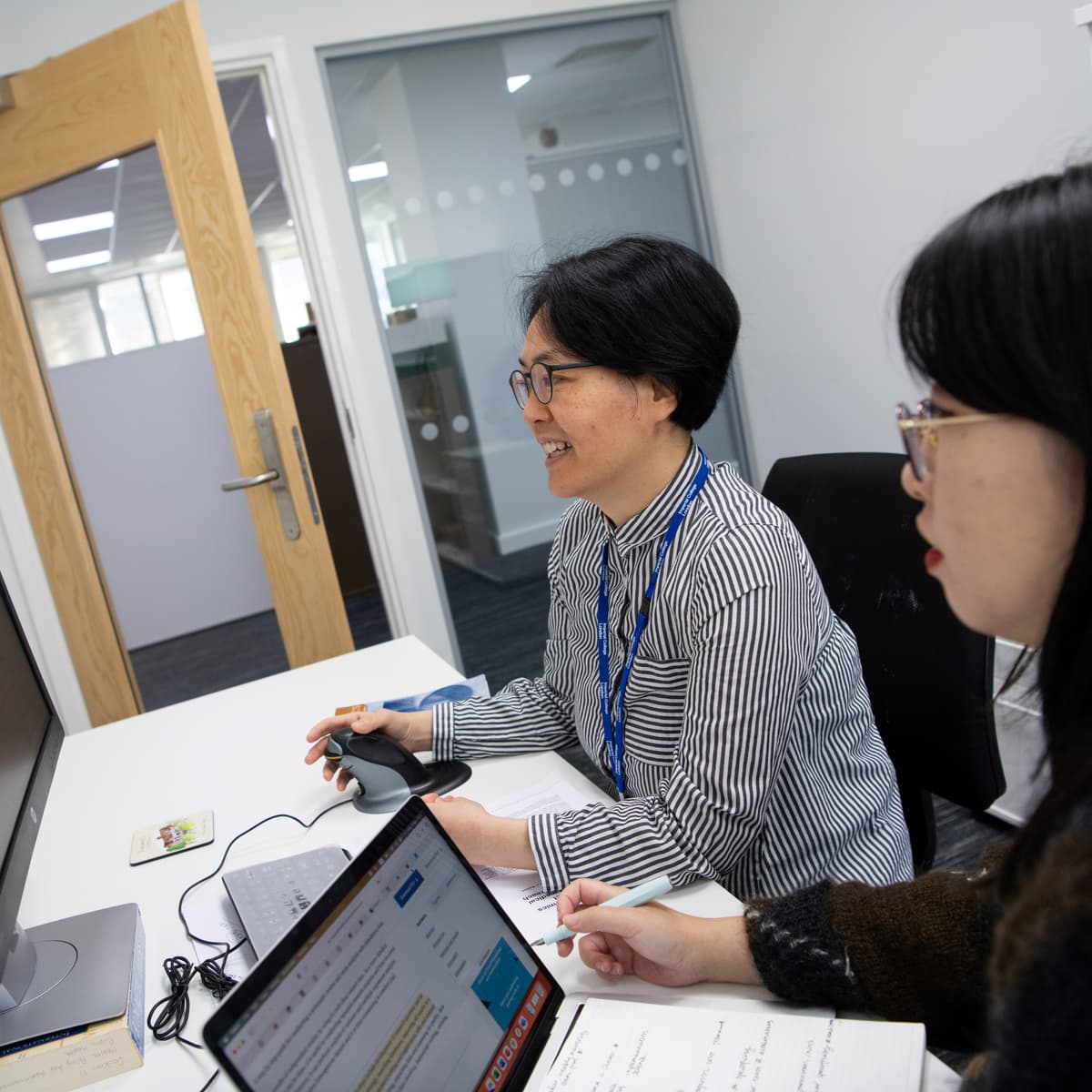
Do you have questions about our children's and young people's cancer research opportunities? Reach out to our research team to discuss ideas or proposals that lie outside our available schemes or resources
We host scientific conferences, workshops, webinars and other events. Join us to hear about the latest science, present your research and network with our exceptional community.
Subscribe to our mailing list to hear about key updates on children’s and young people’s cancer research.
Explore our latest articles and podcasts for researchers, exploring issues in cancer science and how that science shapes our understanding of the disease.